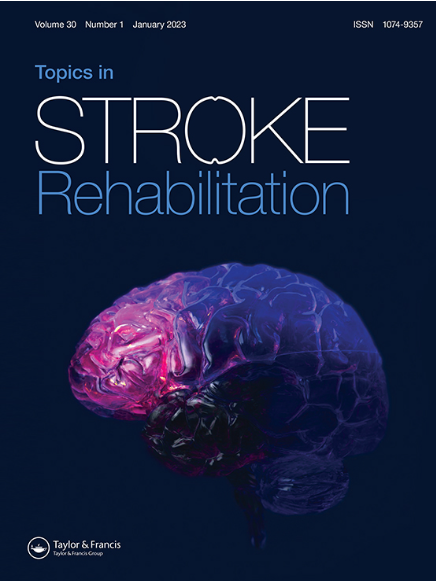From Ethics in Practice:
The privileging of the substituted judgment standard as the gold standard for surrogate decision making in law and bioethics has constrained the research agenda in end-of-life decision making. The empirical literature is inundated with a plethora of “Newlywed Game” designs, in which potential patients and potential surrogates respond to hypothetical scenarios to see how often they “get it right.” The preoccupation with determining the capacity of surrogates to accurately reproduce the judgments of another makes a number of assumptions that blind scholars to the variables central to understanding how surrogates actually make medical decisions on behalf of another. These assumptions include that patient preferences are knowable, surrogates have adequate and accurate information, time stands still, patients get the surrogates they want, patients want and surrogates utilize substituted judgment criteria, and surrogates are disinterested. This article examines these assumptions and considers the challenges of designing research that makes them problematic.

